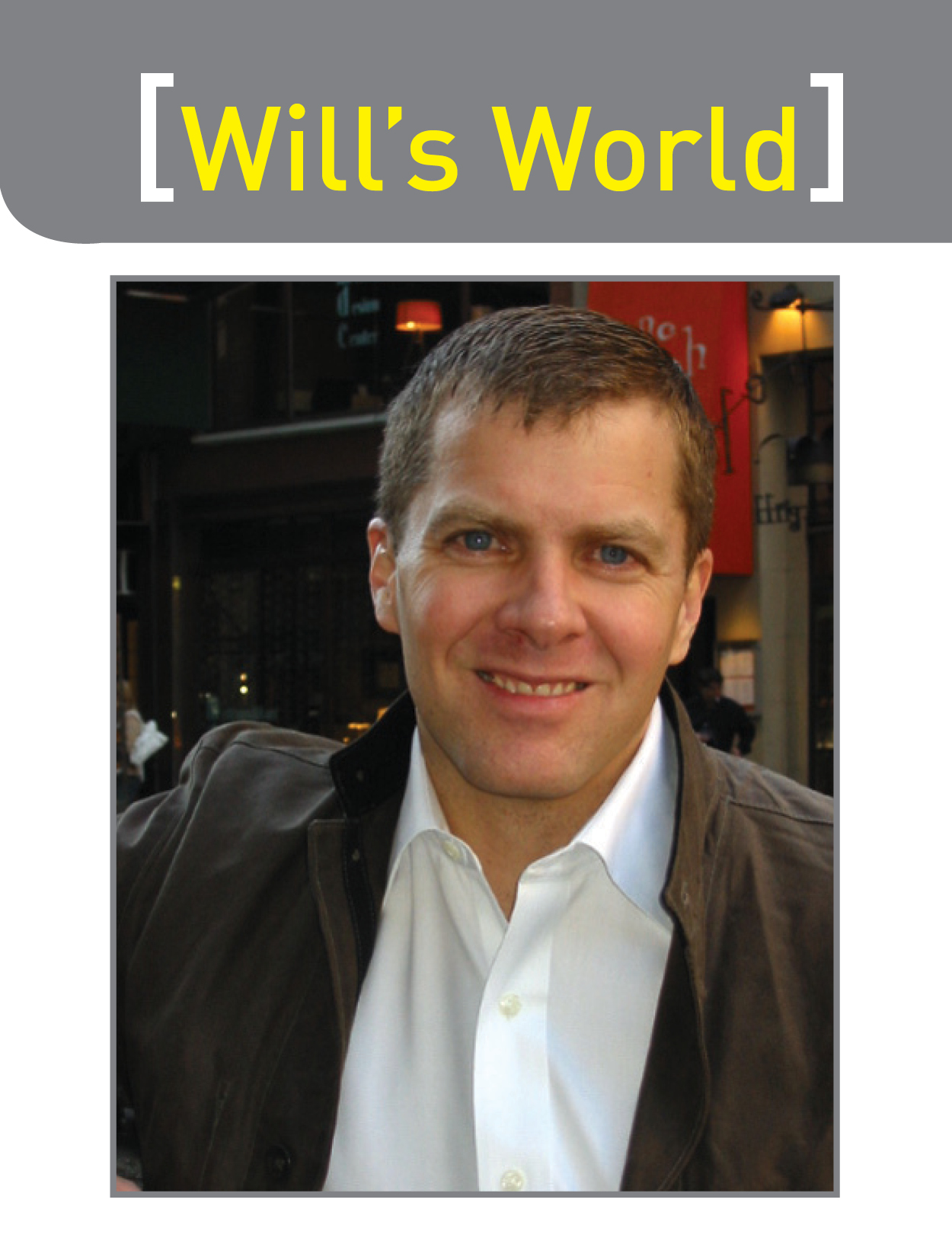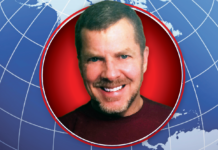By Will Carlin
The first referee players of a certain vintage remember is a short, dark-haired man with a large moustache and beard and a booming voice named Larry Sconzo. Sconzo was (and continues to be) a showman. He was lightning quick making calls, to be sure, but his wit and humor stood him apart. When the stage was the biggest in the New York area, Sconzo was the referee. It is a good rule of thumb that if you notice the referee, the ref likely isn’t doing a good job; but Sconzo was consistently able to stay balanced on the fine line between making sure that the match progressed fairly with proper calls and using humor to deflect the angst of the most volatile players. Clive Caldwell was clever and acerbic as a player, and he intimidated many referees, but Sconzo was so good that other players wanted to watch Caldwell matches refereed by Sconzo just because they didn’t want to miss a quip or a joke between the two. He was the head referee for the Tournament of Champions, the Boodles Championships, the Cowles, the Johnson and countless others. Almost everyone who knows squash and who watched Sconzo referee thinks that he was one of the best referees in the game.
But how do we know that we’re watching a great referee? That’s an easier question to answer when it comes to squash players because they compete head-to-head in tournament after tournament. Nobody would dispute that Mark Talbott and Jahangir Khan were the best hardball and softball players, respectively, in the world (and maybe of all time). In theory, you could measure the number of calls made, the number of controversial calls made, the satisfaction of the players, and the opinions of the spectators. But what would you have? One objective statistic with a slew of subjective opinions afterwards.
It isn’t just refereeing that causes a similar measuring headache. Administrators, publishers, organizers and coaches are similarly difficult to evaluate. “What is the big deal?” you might think; after all, we know the good ones when we see them, and that is all we really need. And for the most part, you would be right. It gets trickier, however, when we think in terms of a Hall of Fame.
US Squash created its Hall surprisingly recently. The result of a longtime effort spearheaded by Charlie Kingsley, the first class was inaugurated in 2000, and immediately, it sparked interest throughout the US squash community. Needless to say, after a century of organized squash in the US, there was a lot of catching up to do. There were fifteen inductees that first year and six more in 2001. Since then, though, the pace has slowed. For the next three years, three were inducted each year, and for the past three years there have been only two. This is a good thing; getting into the Hall of Fame is going to be very hard, as the game’s greatest honor should be.
So far, the Selection Committee – originally chaired by Kingsley and now taken over by Jim Zug – has done an admirable job of selecting a great mix of older and recent players, teachers and administrators, men and women. Of course, catching up had made the task relatively easy; the list of qualified candidates has been large and the group that now makes up the Hall are largely inarguable. That will not always be the case.
In baseball, for example, there are no living umpires who are in the Hall of Fame, and Marvin Miller, the legendary former players association director, still has not been admitted. There are a few writers and a few administrators, but not many. And maybe that is as it should be because in a sport where statistics are part of the game’s history and appeal, it is hard to quantify measures to judge non-players. What makes a Hall of Fame executive? Impact on the game? Innovation? Duration? All of the above?
In squash, the records of players are well known and discussable, but with all the others, the consideration is trickier. Tom and Hazel Jones, for example, the publisher and editor of Squash News, did more to create a community out of an increasingly dispersed nation of squashers than perhaps any other two people. But can you actually measure that? They are not yet in.
Greg Zaff, on the other hand, had a vision to get squash out of private clubs and into urban environments. He started slowly with SquashBusters but his vision caught on, and what once was a Boston-only venture has spread over the past few years with local urban squash chapters springing up all over the country. The numbers of urban squash participants who have gotten into prep schools and top tier colleges is demonstrable. Zaff is not yet in, either.
This is not a complaint, mind you. There is almost no doubt that Zaff and the Joneses will be nominated and elected to the Hall – there still is catching up to do, after all – and their times surely will come. The point is that having some criteria and some idea of the type of roles that will be considered is going to help future committees. It is only going to get tougher as time goes on.
And if squash does a better job than baseball in recognizing its officials, one thing is for sure: Sconzo’s Hall of Fame speech would entertain everybody, but it would be even better if Caldwell argued with him first.



